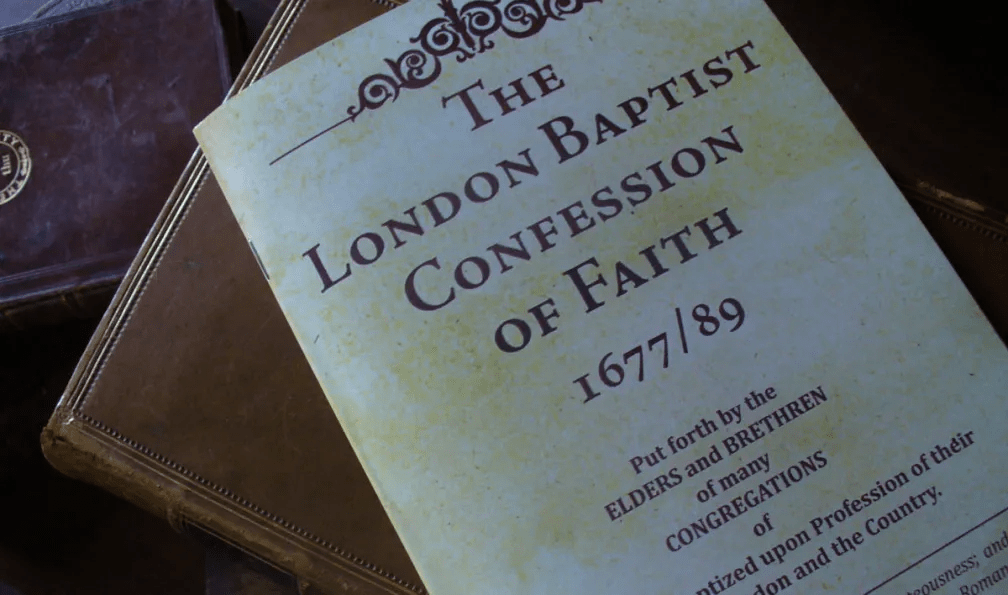In John 17 the Son of God, according to his assumed humanity, lifts “up his eyes to heaven” and prays to the Father (v.1). Acknowledging the purpose of his incarnational mission as the champion of God’s elect (v.2), Christ proclaims in prayer that eternal life consists in the knowledge of God and in the knowledge of himself as mediator (v.3): “And this is eternal life, that they may know You, the only true God, and Jesus Christ whom You have sent.” This glorious assertion was not new to the revelation of God in redemptive history. Six-hundred years prior to the incarnation of Christ, amidst the announcement of inevitable coming judgement, the prophet Jeremiah proclaimed: “Thus says the Lord: Let not the wise man glory in his wisdom, let not the mighty man glory in his might, Nor let the rich man glory in his riches; But let him who glories glory in this, That he understands and knows Me…” (Jer. 9:23-24). With many other verses joining these in pressing the centrality and importance of the knowledge of God and his Christ, it is to be the joy-filled duty of the Christian to engage his Spirit-renewed mind in the pursuit of such knowledge – to know the God who has created us, who providentially upholds us, and who has redeemed us through the perfect work of Jesus Christ.
In the service of fidelity to this indispensable Christian activity – knowing our God – the 2nd London Confession of Faith captures the essence of the doctrine of God in chapter 2, paragraph 3. In a fittingly three-fold manner of repetition, the confession here asserts both the one-ness of God according to essence and the three-ness of God according to subsistences (or persons):
In this divine and infinite Being there are three subsistences, the Father, the Word or Son, and Holy Spirit, of one substance, power, and eternity, each having the whole divine essence, yet the essence undivided: the Father is of none, neither begotten nor proceeding; the Son is eternally begotten of the Father; the Holy Spirit proceeding from the Father and the Son; all infinite, without beginning, therefore but one God, who is not to be divided in nature and being, but distinguished by several peculiar relative properties and personal relations; which doctrine of the Trinity is the foundation of all our communion with God, and comfortable dependence on Him. (2LCF 2.3)
Notice there is a pattern to the way in which the doctrine of God is articulated here: The oneness of God is asserted (his substantial unity) followed by the declaration of his triunity, or three-ness according to “subsistences.” This pattern is repeated – fittingly – three times. The one and only living and true God eternally exists as Father, Son, and Holy Spirit – “of one substance, power, and eternity” yet “distinguished by…personal relations.” The writers of the Confession, in drawing theological conclusions from the Scriptures, wanted Christian confessors to know their God and to treasure his triune glory.
To this end, some observations regarding a proper knowledge of our triune God are fitting, using the above paragraph from our Confession. First, confessing the Trinity does not entail a confession of Tritheism – a doctrine that concludes that there are three gods. After already asserting in paragraph 1 of chapter 2 that “The Lord our God is but one only living and true God,” the first sentence in paragraph 3 (our quoted paragraph above), in articulating the doctrine of the Trinity, states “In this divine and infinite being…” clearly upholding the oneness of God. In confessing the Trinity, we are not confessing three Gods.
Second, by confessing that this one God eternally exists as Father, Son, and Holy Spirit we are not confessing a contradiction, or paradox. It would be such if we confessed that God is one in a particular way and three in that same way, but this is not the Christian confession of the Trinity. Our God is one in one way (according to being, essence, or substance) and three in another way (according to subsistence, person, or relations of origin). In confessing the Trinity, we are not confessing a contradiction.
Third, in confessing the Trinity we are not confessing that the Father, the Son, and the Holy Spirit collectively comprise God. Stated differently, we do not believe that God is 1/3rd Father, 1/3rd Son, and 1/3rd Spirit. The Confession reads that the persons of the Trinity each have “the whole divine essence, yet the essence undivided” and that this one God is “not to be divided in nature and being.” In confessing the Trinity, we do not confess a God made up of parts (2LCF 2:1 already asserted this in the statement that God is “without…parts”).
To be continued in next month’s newsletter.







